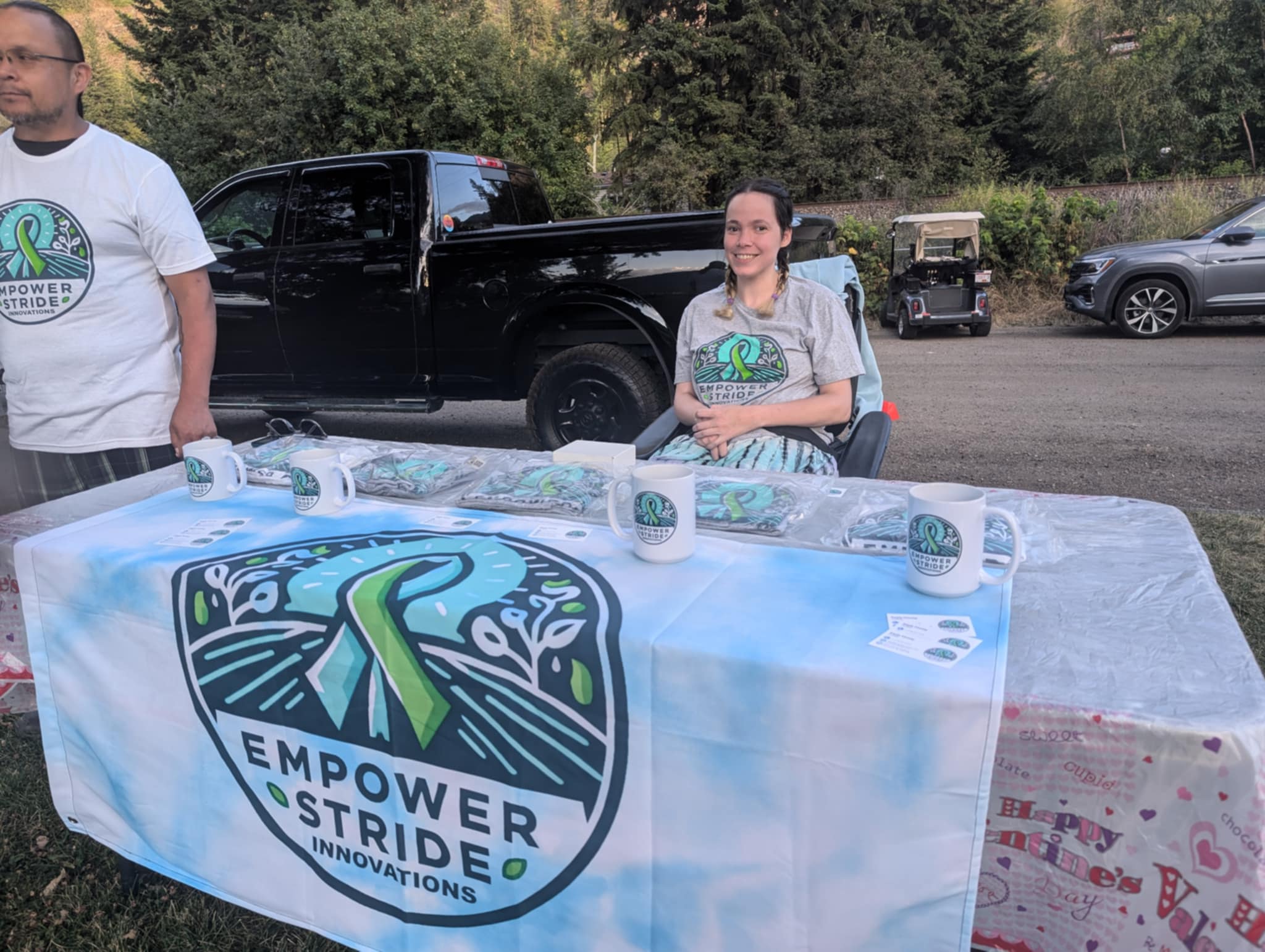Sports and Recreation Programs for the Disabled
Project Overview
This project aims to develop inclusive sports and recreation programs tailored to individuals with disabilities in Canada. The initiative seeks to promote physical activity, improve health and well-being, and foster community integration among disabled individuals by providing accessible and adaptive sports opportunities.
Objectives
- Promote Inclusivity: Create an inclusive environment where individuals with disabilities can participate in sports and recreational activities.
- Enhance Physical and Mental Health: Improve the physical fitness and mental well-being of participants through regular physical activities.
- Skill Development: Provide opportunities for participants to learn new skills and enhance their existing abilities.
- Community Engagement: Foster a sense of community and social connection among participants and their families.
- Raise Awareness: Increase awareness of the benefits of sports and recreation for individuals with disabilities among the broader community.
Target Audience
- Individuals with physical, sensory, and intellectual disabilities.
- Age range: Children, teenagers, and adults.
- Location: Focus on local communities within [specific region/province in Canada].
Activities and Programs
- Adaptive Sports Programs: Include wheelchair basketball, seated volleyball, adaptive swimming, and para-athletics.
- Recreational Activities: Organize inclusive recreational activities such as adaptive yoga, dance classes, and hiking with adaptive equipment.
- Skill Development Workshops: Offer workshops on sports skills, leadership, teamwork, and coaching for disabled individuals.
- Community Events: Host community sports days and recreational events to promote inclusivity and awareness.
- Mentorship Programs: Pair participants with mentors to encourage skill development and personal growth.
- Family Engagement: Organize family-inclusive events to strengthen family bonds and support systems.
Budget Breakdown
- Personnel Costs: Coaches, trainers, program coordinators, and support staff.
- Coaches and Trainers: $30,000
- Program Coordinator: $25,000
- Support Staff: $15,000
- Equipment and Supplies: Adaptive sports equipment, uniforms, and safety gear.
- Adaptive Equipment: $20,000
- Sports Uniforms: $5,000
- Safety Gear: $5,000
- Facility Rentals: Renting accessible sports facilities and community centers.
- Facility Rentals: $15,000
- Program Materials: Educational materials, marketing, and promotional materials.
- Educational Materials: $2,000
- Marketing and Promotion: $5,000
- Transportation: Accessible transportation for participants.
- Transportation: $8,000
- Miscellaneous: Insurance, permits, and contingency.
- Insurance and Permits: $3,000
- Contingency: $2,000
- Total Estimated Budget: $120,000
Evaluation and Impact Measurement
- Participant Feedback: Regularly collect feedback from participants, families, and staff.
- Health and Fitness Metrics: Track physical health improvements (e.g., strength, endurance) through regular assessments.
- Participation Rates: Monitor program participation rates and retention.
- Social Impact: Evaluate changes in social skills, community engagement, and self-confidence among participants.
- Outcome Reports: Prepare quarterly and annual outcome reports to stakeholders and funders.
Sustainability Plan
- Partnership Development: Establish long-term partnerships with local governments, community organizations, and sports clubs.
- Fundraising: Organize fundraising events and seek ongoing donations from community members and corporate sponsors.
- Grant Applications: Continuously apply for additional grants and funding opportunities.
- Volunteer Engagement: Develop a robust volunteer program to support ongoing activities and reduce operational costs.
- Program Expansion: Explore opportunities to expand programs to other regions based on demand and success.
Conclusion
This grant and project plan aims to create a sustainable, inclusive sports and recreation program that empowers individuals with disabilities through physical activity, community engagement, and personal development. By focusing on inclusivity, health, and skill-building, this initiative will contribute to the overall well-being and quality of life for participants and their families.
